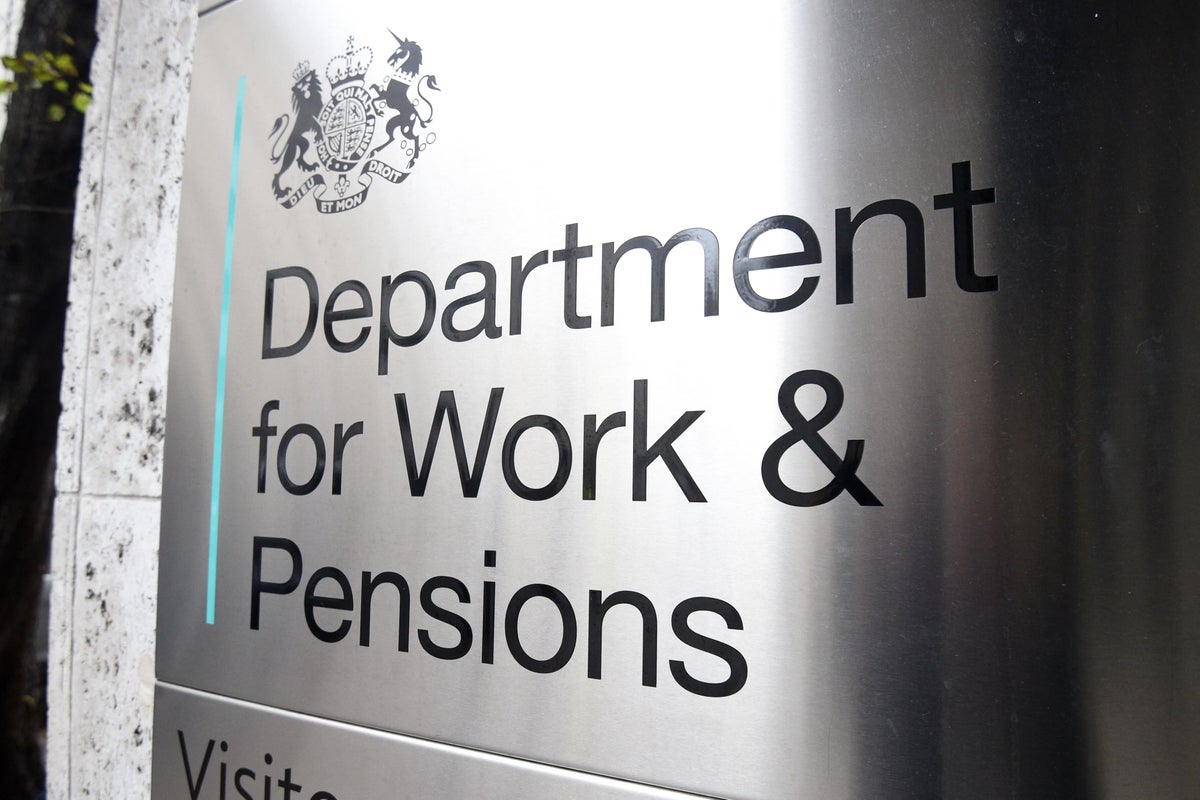
Several artificial intelligence projects that were underway at the Department for Work and Pensions (DWP) have been dropped, it has been revealed, as welfare experts continue to raise concerns about others.
At least half a dozen AI prototypes have been shelved by the department. Amongst these were tools designed to enhance staff training and jobcentres, speed up disability payments and improve communcation systems, as reported by The Guardian.
Two of these projects were highlighted by the DWP in November as examples of AI’s potential to support its staff. One of these was Aigent, a tool designed to accelerate personal independence payments (PIP) by summarising evidence for inclusion in decision letters.
The other was A-cubed, which was to provide work coaches with quick access to advice to help support people move closer to employment.

The third project highlighted, ‘Whitemail’, remains in use by the department. However, it was reported that benefit claimants are not informed about its use, prompting concern from welfare experts.
The tool scans documents and “quickly identifies vulnerable customers” for fast track and intervention, says the DWP. However, the newly-shared intenral data protection impact assessment said those whose letters are scanned by the tool “do not need to know about their involvement in the initiative”.
This “raises concerns” says Meagan Levin, policy and public affairs manager at financial insecurity charity Turn2us, “particularly around the lack of transparency and its handling of highly sensitive personal data, including medical records and financial details. Processing such information without claimants’ knowledge and consent is deeply troubling.”
The documents from the DWP add that data is encrypted before originals are deleted, and is held by the department in its cloud computing provider.

The revelations come shortly after prime minister Sir Keir Starmer announced the government’s AI opportunities action plan, taking on 50 recommendations from a wide-ranging report to “unleash” AI in the UK.
His announcement was followed by a multi-department statement, including the DWP, which unveiled new AI tools to be rolled out across the civil service.
However, comments from Laura Gilbert, director of Whitehall’s Incubator for AI (i.AI), suggest that the deployment of AI tools is not going as smoothly as planned across all departments.
Writing on the i.AI blog in December, she said: “there have been abundant blockers, frustrations and false starts”, but added “if something fails, we try, try again and find another route to impact.”
A government spokesperson said: “Proof of concept projects are deliberately short, enabling new and innovative technologies to be explored and prototyped – not all projects are expected to become long-term, and the learning from them can be used in the future.
“This aligns with our ‘scan, pilot, scale’ approach set out in the AI opportunities action plan – because we recognise the tremendous potential of AI to transform our public services and save taxpayers billions.”







